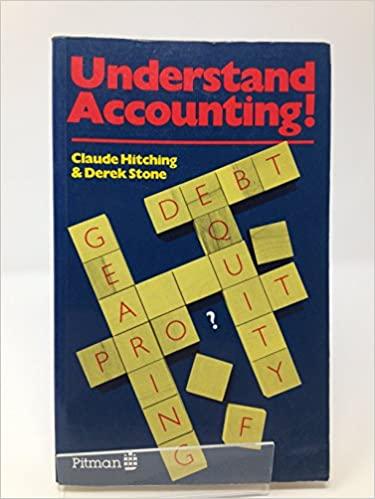Question
ACME Inc. is a multinational conglomerate corporation providing a wide range of goods and services to its customers. As part of its budgeting process for
ACME Inc. is a multinational conglomerate corporation providing a wide range of goods and services to its customers. As part of its budgeting process for the next year, it has several projects under consideration so it must decide which projects should receive capital budgeting investment funds for this year. As part of the financial analysis department, you have been given several projects to evaluate. However, before you can determine the appropriate valuations of these projects, you need to determine the weighted average cost of capital for the firm since it is used as a threshold of acceptability for projects. Remember that management has a preference in using the market values of the firms capital structure and believes it current structure (target weight/market weight) is optimal.
Market Values of Capital
1. The company has 60,000 bonds with a 30-year life outstanding, with 15 years until maturity. The bonds carry a 10 percent semi-annual coupon, and are currently selling for $874.78.
2. You also have 100,000 shares of $100 par, 9% dividend perpetual preferred stock outstanding. The current market price is $90.00.
3. The company has 5 million shares of common stock outstanding with a currently price of $17.00 per share. The stock exhibits a constant growth rate of 10 percent. The last dividend (D0) was $.65.
4. The risk-free rate is currently 6 percent, and the rate of return on the stock market as a whole is 13 percent. Your stocks beta is 1.22.
5. Your firm only uses bonds for long-term financing.
6. Your firms federal + state marginal tax rate is 40%. (Ignore any carryforward implications)
Depreciation Schedule
Modified Accelerated Cost Recovery System (MACRS)
Ownership Year 5-Year Investment Class Depreciation Schedule
1 20%
2 32%
3 19%
4 12%
5 11%
6 6%
Total = 100%
Capital Budgeting Assignment Part 1 Section 1 (
Find the costs of the individual capital components:
long-term debt (before tax and after tax)
preferred stock
average cost of retained earnings (avg. of Capital Asset Pricing Model & Gordon Growth Model/Constant Growth Model)
Section 2
Determine the target percentages for the optimal capital structure, and then compute the WACC. Carry weights to a minimum of four decimal places, but rounding in calculations is not necessary. (i.e. 0.2973 or 29.73%)
Section 3,
Net Present Value of Discounted Cash Flow (use WACC number for discount rate)
Internal Rate of Return
Payback Period
Profitability Index (use WACC number for discount rate)
Project 1: This project requires an initial investment of $2,000,000 in equipment which will cost an additional $100,000 to install. The firm will use the attached MACRS depreciation schedule to expense this equipment. Once the equipment is installed, the company will need to increase net working capital by $70,000. The project will last 6 years at which time the market value for the equipment will be $50,000. The project will project a product with a sales price of $40.00 per unit and the variable cost per unit will be $15.00. The fixed costs would be $150,000 per year. Because this project is not close to current products sold by the business, management wants adjust the risk profile of this analysis by imposing a 2 percentage point increase over the firms WACC.
Years Forecasted Units sold
2014 50,000
2015 60,000
2016 70,000
2017 80,000
2018 90,000
2019 80,000
Project 2:
This project requires an initial investment of $2,000,000 in equipment which will cost an additional $100,000 to install. The firm will use the attached MACRS depreciation schedule to expense this equipment. Once the equipment is installed, the company will need to increase net working capital by $200,000. The project will last 6 years at which time the market value for the equipment will be $100,000. The project will project a product with a sales price of $22.00 per unit and the variable cost per unit will be $10.00. The fixed costs would be $250,000 per year. Because this project is very close to current products sold by the business, management want to use the current WACC as the valuation hurdle it must meet or surpass.
Years Forcasted Units Sold
2014 100,000
2105 90,000
2016 80,000
2017 70,000
2018 60,000
2019 50,000

Step by Step Solution
There are 3 Steps involved in it
Step: 1

Get Instant Access to Expert-Tailored Solutions
See step-by-step solutions with expert insights and AI powered tools for academic success
Step: 2

Step: 3

Ace Your Homework with AI
Get the answers you need in no time with our AI-driven, step-by-step assistance
Get Started


